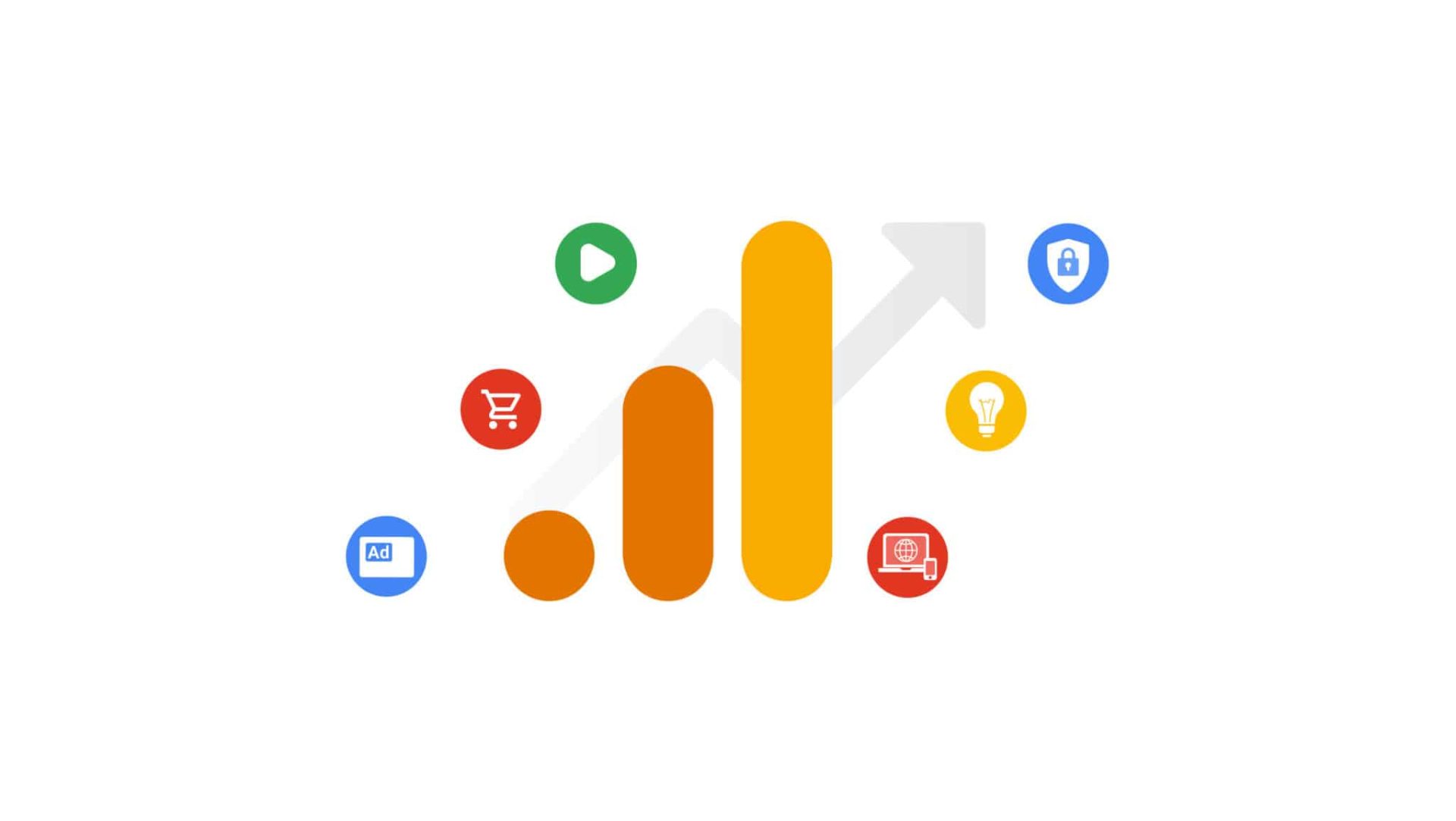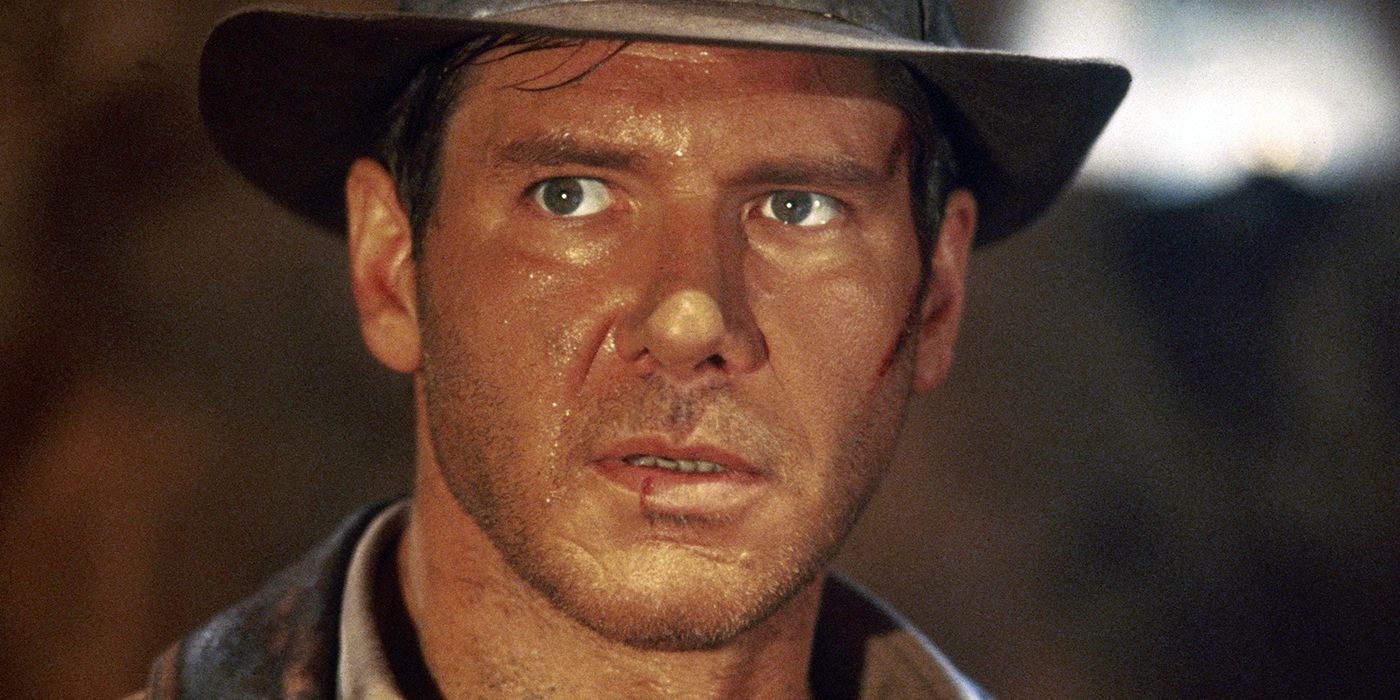Good news! People are starting to take sick days — and, according to an article published this week at Fortune, that is all thanks to Gen Z.
Why? Because they are actually taking their sick days, causing people of all generations (and possibly even their bosses) to realize that the world does not end when that happens.
Sick leave in the U.S. increased 55% in 2023 compared to 2019, according to new data from human resources platform Dayforce, which collected data from more than 1,500 of its clients. While all age groups are taking advantage of sick days, employees younger than 36 are leading the charge, with a 29% leap in the amount of sick leave they took from 2024 compared to 2019. Those older than 36 saw a 16% increase. […]
Gen Z’s tendency to pioneer workplace trends including taking more sick days is a result of both their developmental stage and the unique social and technological environment in which they came of age, said Lindsey Pollak, workplace expert and author of The Remix: How to Lead and Succeed in the Multigenerational Workplace. She posits that every workplace has a set of unwritten rules by which longtime workers abide. In many workplaces, not taking sick days—even if they were allotted by an employer—is one of those rules.
But for Gen Zers, who are largely just beginning to enter the workforce, those unwritten rules may not apply—simply because they don’t know what they are.
I think, to be fair, it hasn’t just been some cultural practice — people have a legitimate fear of being fired, one which was even more legitimate in the Great Recession and afterwards when the job market was not as tight as it is now. In all other developed countries (at least 145 of them), businesses are legally required to provide paid sick leave — and while some states require it, many do not, particularly for those working hourly. So, for many people, taking a sick day means losing money that they need to survive.
We are also the only country in the world with at-will employment, which means you can be fired for any reason or no reason. Ironically, if your boss decides to fire you for “no reason” because they don’t like that you took a sick day, you could be without decent healthcare for up to three months into a new job.
Certainly, more people taking sick days is going to “destigmatize” it, which means people will be less likely to face consequences for taking them. That’s awesome! But what we really need are actual protections for workers. You could also say that part of the reason “people are taking sick days now!” is because, in some states, we’ve actually gotten a few of them. The first state to require employers to provide paid sick leave was Connecticut in 2012. It was only just last year that Gov. Pritzker signed the Paid Leave For All Workers Act here in Illinois.
There’s also the fact that COVID did popularize the idea that people with contagious illnesses ought to stay home so they don’t get other people sick.
I always say — if you do things with enough confidence, people will usually just go along with you. I do think that, for years, especially during the post-Reagan “we must all be unfailingly grateful to the job creators and what they bestow upon us” years, Americans were terrified that if they didn’t work 60 hours a week, if they didn’t give up their vacation days to work, if they took sick days, then not only would they risk losing their jobs or any chance at a promotion, they would be coded as “lazy” by those they have to spend the vast majority of their time around. Or worse, “entitled.”
But we forget what “entitled” actually means. We forget that we actually are or should be entitled to certain things — to sick days, to worker protections, to a fair wage, to a certain amount of job security and, yes, to health care that doesn’t go away if our boss fires us for taking a sick day. And maybe a cultural change is what we need to get to the point where we can make the legal changes we need to in order to ensure that everyone actually does get what they are entitled to.
PREVIOUSLY ON WONKETTE!










































































